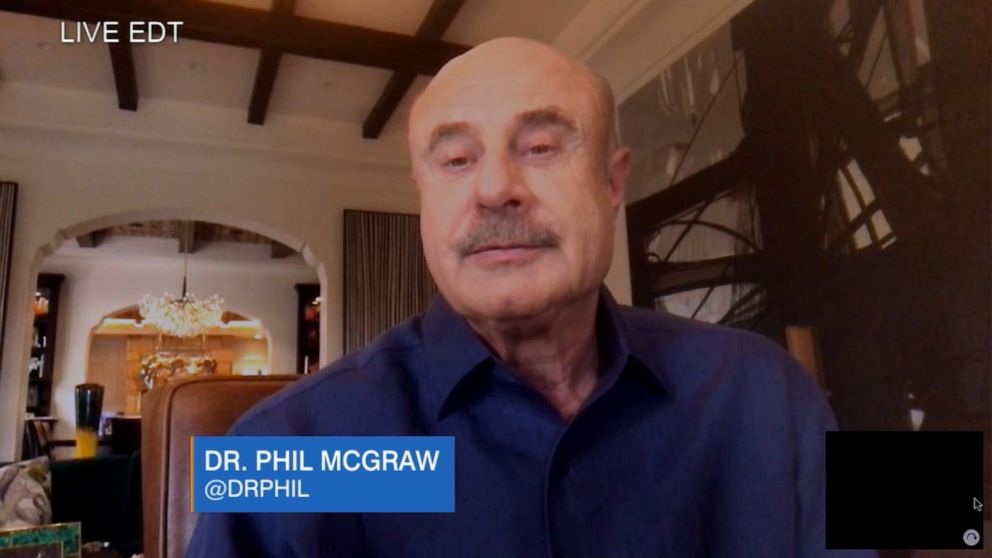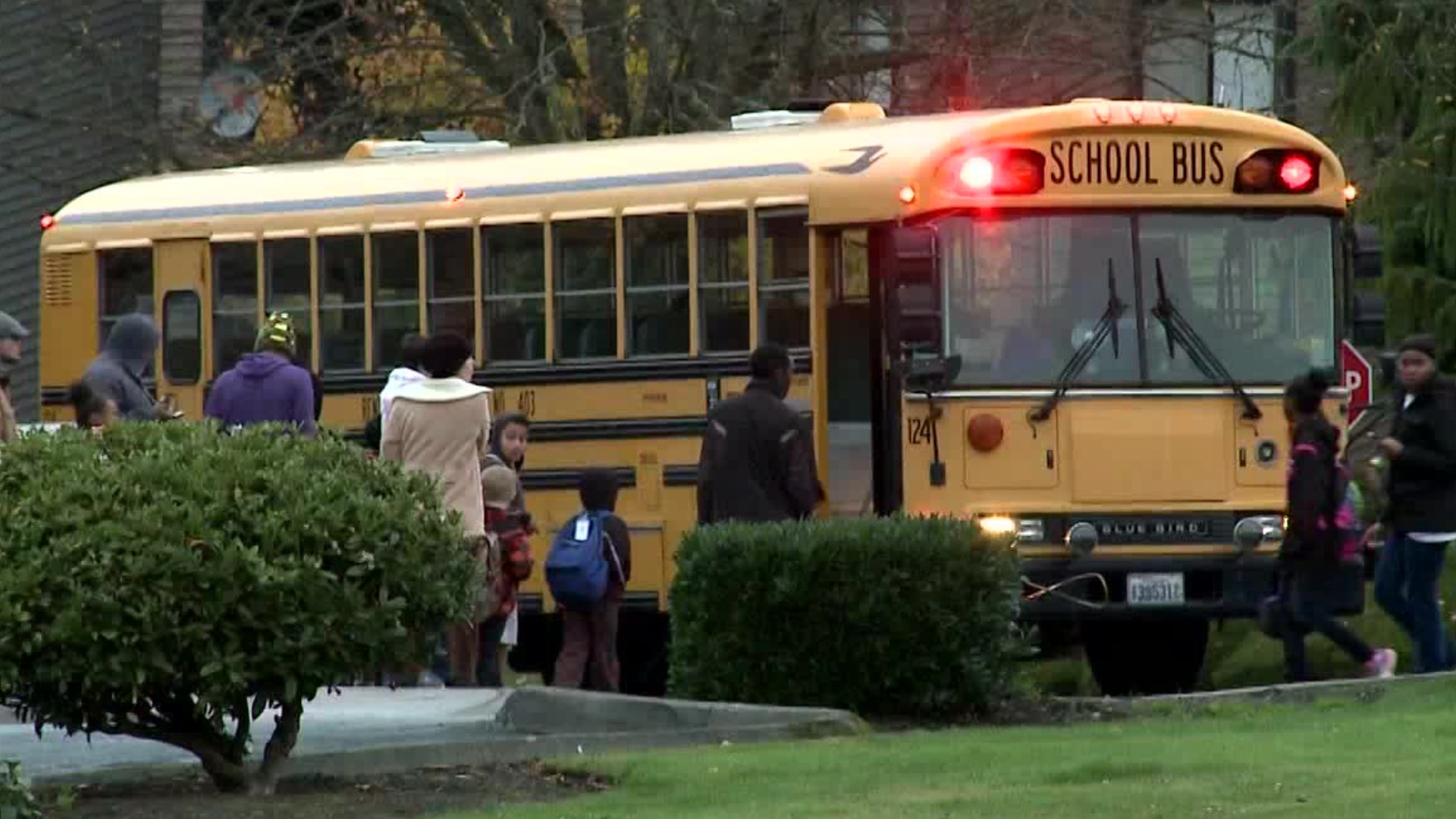Dr. Phil McGraw on the new crisis in parenting
America, individually and collectively, is facing a multidimensional precipice, currently bombarded by an unprecedented storm of psychosocial overstimulation: A global pandemic with an invisible enemy, a prolonged quarantine wrecking social order, a long overdue societal eruption against systemic racism, protestors in the streets, and economic pressure.
For children, add disruption of education by “zoom learning,” no personal contact with friends and classmates, and an overflow of information via the internet and 24-hour news channels. Children’s evolving brains are especially overloaded trying to process this never-ending river of novel and sometimes threatening content.
To cope with life at such a cognitively and emotionally consuming pace calls not just for raising awareness, but a committed, forward looking plan of “targeted parenting.” The job of the parent is, at least in part, to prepare the child for the next level of life. Today, that next level involves coping with the sacrifices of a global medical crisis and rising to meet a moral moment.
We as parents, have the opportunity to not only teach, but help our children “learn how to learn,” by modeling how to evaluate the options with which they are presented. We are the most powerful role model in our child’s life. We “write on the blank slate” of who they are.
It is time to realize we are raising adults not children. Parent on purpose. Everything they will ever be, they are now becoming. Expose them not only to content, but emotions such as empathy and compassion to ensure they consider how their own choices impact others. When we begin to open back up, create opportunities for them to experience a diversity of friends and circumstances, and help them “walk a mile” in many different shoes. As parents we have the ability to teach them to think and evaluate in a socially conscious manner.
Above all, since you are absolutely not the only voice in your child’s ear, make absolutely sure you are the best voice. And never default to the seductive ease of the “electronic babysitter,” allowing your child to be digitally raised because it is convenient. As demanding as schedules may be, our children are worth it.
Experienced mental health professionals, myself included, embrace the research which empirically predicts the psychological impact of the quarantine, isolation and resulting loneliness may be as devastating as the physical effects of the virus itself.
Moreover, many are feeling a range of powerful emotions associated with the well-deserved spotlighting of the systemic racism in policing and other facets of our society. It is a lot to handle, and for some, coping mechanisms are strained.
When coping abilities break down, red flag warnings will and are popping up with alarming frequency!
Be sensitive to either you or your child experiencing new levels of the following partial list of red flag warnings:
– Sleep disturbance with or without nightmares
– Withdrawal from previous interest or interaction patterns
– Combativeness
– Decline in grooming/overall hygiene
– Boredom, loneliness, fear, anger, frustration, pessimism, sadness, etc.
– Regressive behaviors, e.g. baby talk, dependency, bed wetting
– General lethargy
– Mood swings
– Self-harm or talk of suicide or hopelessness
– Excessive focus on being distressed
Targeted parenting calls for active involvement, communication and coordination between parents, and most importantly, engaged listening. It is so important to “meet your children where they are” in their level of understanding, feelings, fears, frustrations, hopes, dreams and needs. How much do they understand about either crisis we face right now? Assume nothing, ask, and begin a conversation without judgement.
Talk to your child about things that don’t matter. It is great practice and will establish an open line of communication to talk about things that do.
Choose a calm, uninterrupted time, and hold a family meeting to negotiate a “Meltdown Plan.” When things boil over, if a parent gives the signal — flashes the lights, holds up a flag, or anything agreed upon — everyone understands what will happen next. Ten minutes of quiet time? Neutral corners? One sibling outside, one inside? At some point it will be unpacked, discussed and problem solved when emotions have deescalated. But have a plan.
If possible, do not involve your children in conversations about adult matters, and avoid blaming them for things they cannot control, as this will only create feelings of guilt and helplessness.
I cannot stress enough the importance of giving feelings a voice. A voice that is heard with a supportive and non-judgmental ear. After 45 years in the mental health profession, I am still moved by how many people, young and old, want to feel heard. And as parents, we must make sure we are listening.
Dr. Phil McGraw is a mental health expert, author and host of ‘Dr. Phil,’ now in its 18th Season









Recent Comments